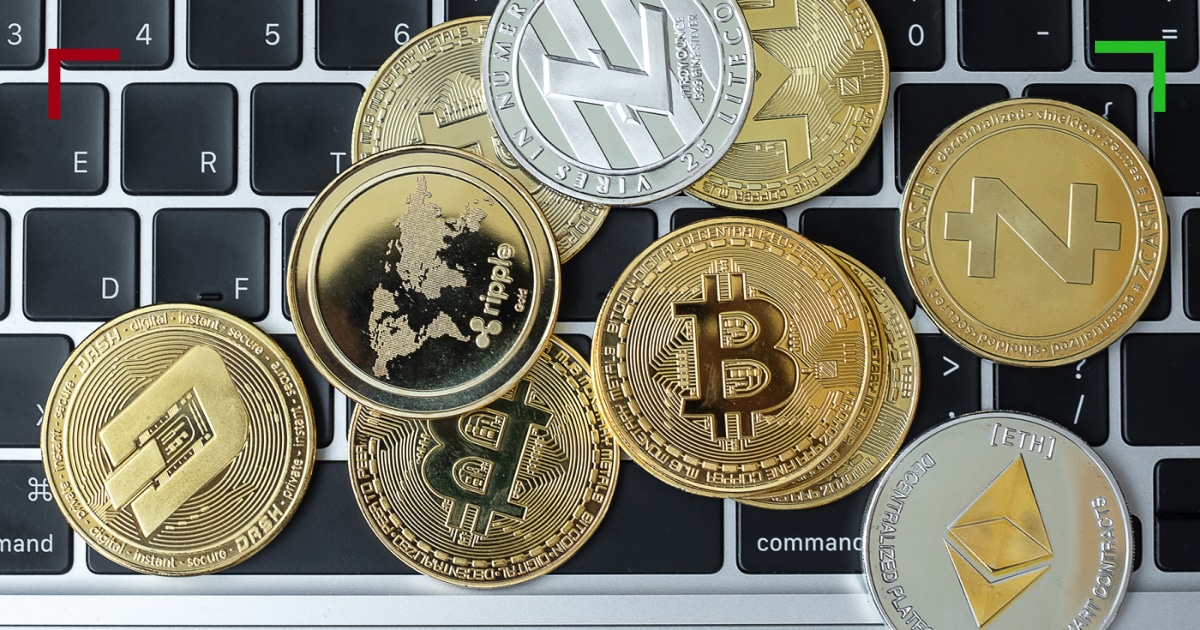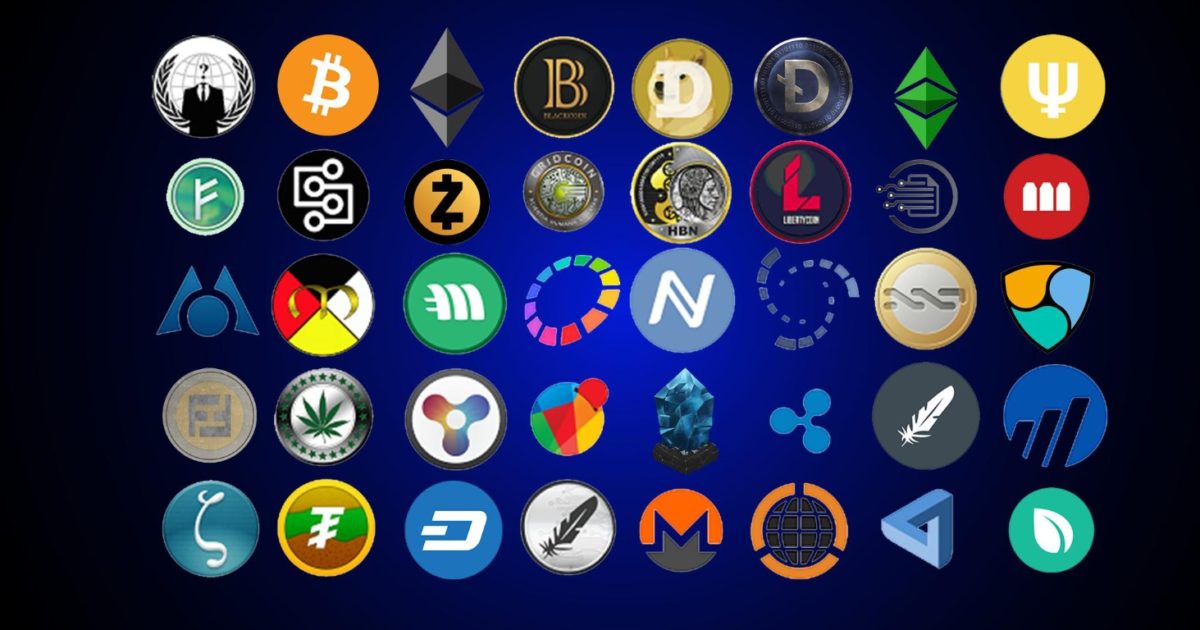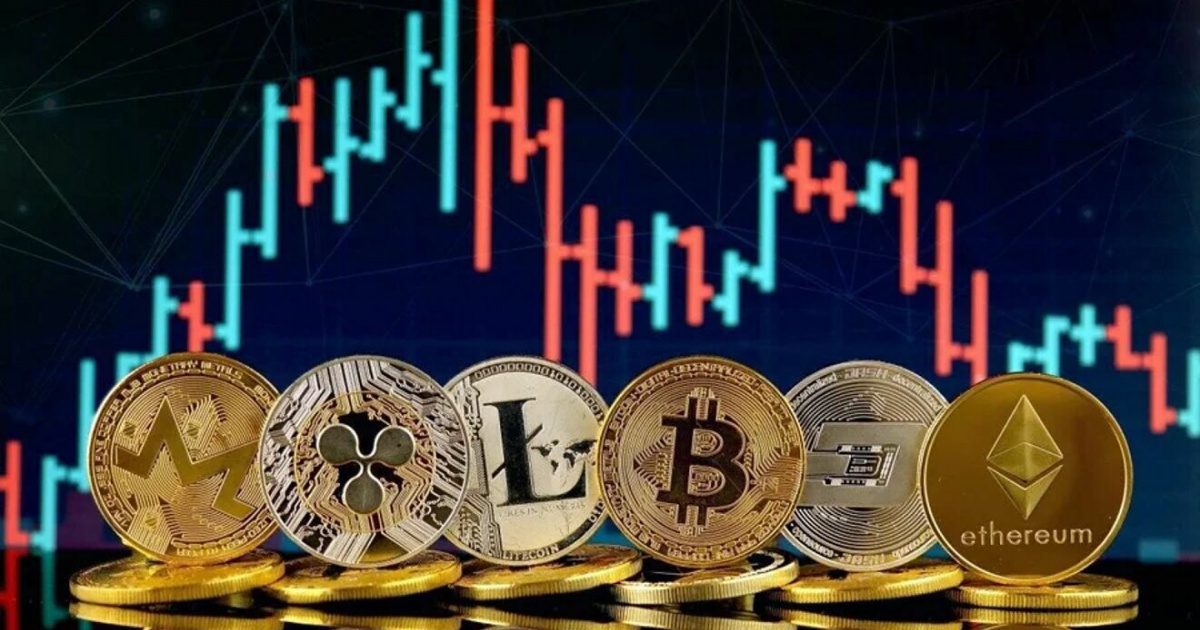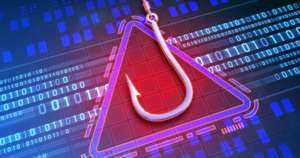Blockchain Beyond Cryptocurrencies: Revolutionary Applications
The Blockchain Revolution
In the early days, blockchain technology was synonymous with cryptocurrencies, primarily Bitcoin. It introduced the concept of a decentralized digital currency, challenging traditional financial systems and institutions. However, blockchain’s journey has been a transformative one, venturing into uncharted territories and promising revolutionary applications across various industries.
Understanding the Basics

What Is Blockchain Technology?
Blockchain is a distributed ledger technology that operates as a decentralized database across a network of computers. It records transactions in a secure, transparent, and immutable manner. Data is grouped into blocks and linked through cryptographic hashes, creating a chain of interconnected information.
How Does Blockchain Work?
The heart of blockchain technology lies in its consensus mechanism. A network of nodes, or computers, validates and records transactions. Once verified, the data is added to a block, which is then cryptographically connected to the previous block, forming a continuous chain. This architecture ensures the integrity and security of data.
The Role of Decentralization
Decentralization is a fundamental principle of blockchain. Unlike traditional systems, it doesn’t rely on a central authority for record-keeping and validation. Instead, it leverages a distributed network, making it resistant to censorship and single points of failure.
Key Features of Blockchain
Transparency and Trust
One of blockchain’s standout features is transparency. All data recorded on the blockchain is accessible to all participants in the network, fostering trust and accountability. The decentralized nature of the technology eliminates the need for intermediaries.
Security and Immutability
Blockchain’s security is derived from cryptographic techniques. Once data is added to the blockchain, it becomes nearly impossible to alter or delete. This immutability ensures the integrity of records, a critical feature for applications in various industries.
Smart Contracts
Smart contracts are self-executing agreements with predefined rules and conditions. They automatically execute and enforce contractual obligations, reducing the need for intermediaries in various transactions.
Use Cases in Various Industries
Blockchain in Finance
Digital Identity and KYC
Blockchain offers secure and portable digital identities, simplifying processes like Know Your Customer (KYC) checks while preserving user data integrity.
Cross-Border Payments
Blockchain technology streamlines cross-border payments, making them more cost-effective and efficient by eliminating intermediaries and their associated fees.
Tokenization of Assets
Assets, from real estate to art, can be tokenized on the blockchain, enabling fractional ownership and expanding investment opportunities.
Blockchain in Supply Chain

Traceability and Provenance
Supply chains benefit from blockchain’s traceability, offering a comprehensive history of products from origin to consumer. This feature is invaluable in verifying product authenticity and preventing counterfeits.
Reducing Counterfeits
The transparency and traceability of blockchain aid in the fight against counterfeit products, benefiting both businesses and consumers.
Supply Chain Optimization
By providing real-time data and automation, blockchain optimizes supply chain processes, reducing inefficiencies and enhancing overall operations.
Blockchain in Healthcare
Patient Data Management
Blockchain secures and streamlines patient data management, ensuring authorized access to critical medical information while maintaining data privacy.
Pharmaceutical Supply Chain
The pharmaceutical supply chain benefits from blockchain’s transparency, ensuring the authenticity and safety of medications as they move from manufacturers to consumers.
Medical Research and Clinical Trials
Blockchain accelerates medical research by securely managing and sharing data. Smart contracts streamline the complex processes involved in clinical trials.
Blockchain in Real Estate

Property Records and Title Management
Blockchain simplifies property transactions by reducing fraud and paperwork through transparent title management. The technology streamlines the transfer of property ownership.
Fractional Ownership
Real estate tokenization allows individuals to invest in property with smaller shares, democratizing real estate investments.
Streamlining Transactions
Property transactions become quicker and more secure, reducing the risk of fraudulent activities and disputes.
Blockchain in Voting
Secure and Transparent Elections
Blockchain voting ensures secure and transparent elections, enhancing voter confidence by making election results more reliable and less prone to tampering.
Remote Voting
Blockchain makes remote voting a viable option, enabling participation for individuals who may have difficulty visiting polling stations.
Eliminating Fraud
Blockchain technology eliminates the potential for election fraud and tampering with voting records, enhancing the democratic process.
Blockchain in Energy
Energy Trading and Grid Management
Blockchain enables peer-to-peer energy trading, allowing consumers to directly trade excess energy with one another. Additionally, it offers more efficient grid management by optimizing energy distribution.
Renewable Energy Credits
The technology ensures the accuracy of renewable energy credits and their transparent trading, promoting sustainable energy practices.
Efficiency and Sustainability
Blockchain promotes energy efficiency and sustainability by providing data-driven insights and enabling energy producers to optimize their operations.
Blockchain in Intellectual Property

Protecting Intellectual Property
Blockchain enhances the protection of intellectual property by securely tracking ownership and usage of creative works. This feature is particularly valuable for artists and content creators.
Digital Rights Management
Content creators can implement transparent digital rights management using blockchain technology, ensuring that creators are fairly compensated for their work.
Content Monetization
Artists and content creators can directly monetize their work, bypassing traditional intermediaries and earning a more significant share of their creative endeavors.
Blockchain in Education
Credential Verification
Blockchain simplifies the verification of educational credentials, reducing document forgery and simplifying recruitment processes.
E-Learning and Certification
The technology enhances e-learning by securely verifying certifications and credentials, adding credibility to online courses and certifications.
Academic Research
Blockchain accelerates academic research by securely sharing data and findings, promoting collaborative research and data integrity.
Blockchain in Government
Transparent and Efficient Governance
Blockchain ensures transparent and efficient governance by recording government operations on an immutable ledger. This transparency reduces corruption and inefficiency.
Smart Contracts in Public Services
Smart contracts streamline public services, automating processes like permit applications, licensing, and more. This increases efficiency and reduces the time it takes for citizens to access government services.
Blockchain in Legal
Legal Contracts and Smart Contracts
Blockchain technology facilitates the execution of legal contracts and automates legal processes, ensuring the accuracy and integrity of legal documents.
Notary Services
Blockchain notarization enhances document authenticity and trust, reducing the risk of fraud and document tampering.
Reducing Legal Costs
By automating legal processes and providing secure document storage, blockchain reduces legal costs, making legal services more accessible.
Blockchain in Art and Collectibles
Provenance of Artwork
Blockchain tracks the provenance of artwork, ensuring authenticity and enhancing the value of art pieces.
Digital Art and NFTs
The technology has ushered in the era of non-fungible tokens (NFTs), which add digital authenticity to art, collectibles, and other unique digital assets.
Authentication and Provenance
For collectors, blockchain ensures authenticity and provenance records for art and collectibles, protecting both artists and buyers.
Blockchain in Gaming
In-Game Assets and Ownership
Blockchain technology offers secure ownership and trade of in-game assets, revolutionizing the gaming industry and enhancing the player experience.
Secure Digital Marketplaces
Secure digital marketplaces powered by blockchain enable players to buy, sell, and trade virtual assets within and across games, creating new economies.
Reducing Cheating and Hacking
Blockchain minimizes cheating and hacking in online games, enhancing fairness and ensuring that players receive the rewards they earn.
Challenges and Concerns
Scalability
Blockchain faces challenges related to scalability. As more users and applications join the network, ensuring high transaction speeds and low costs is a top priority.
Regulation and Compliance
The decentralized nature of blockchain presents regulatory challenges. Governments worldwide are working to establish frameworks that balance innovation and security.
Privacy and Data Protection
Protecting user privacy and data in a transparent and immutable system like blockchain is a complex issue. Striking the right balance is crucial.
The Future of Blockchain

Interoperability and Cross-Chain Solutions
The future of blockchain includes interoperability solutions that enable different blockchains to work seamlessly together. This will enhance connectivity and expand the potential applications of the technology.
Web 3.0 and Decentralized Internet
Blockchain is poised to play a pivotal role in the development of Web 3.0, the decentralized internet. This shift promises enhanced user control, data privacy, and a departure from centralized platforms and services.
Conclusion
The Ongoing Impact of Blockchain Technology
The impact of blockchain technology on multiple industries continues to unfold. Its promise of enhanced security, transparency, and efficiency has already reshaped the way we interact, transact, and trust in a digitized world. As blockchain matures and addresses its challenges, its potential for disruption and innovation remains significant. The future is blockchain-enabled, and it holds the promise of reshaping the way we conduct business, share information, and build trust in the evolving digital landscape.
Frequently Asked Questions (FAQ) – Blockchain Beyond Cryptocurrencies
What is blockchain technology, and how does it work beyond cryptocurrencies?
Blockchain is a decentralized and distributed ledger technology used to record transactions across a network of computers. While it gained fame through cryptocurrencies, it has evolved to offer secure, transparent, and efficient solutions in various industries, far beyond just digital currencies.
What sets blockchain apart from traditional database systems?
Blockchain’s key distinguishing features include transparency, security, and immutability. It records data in a tamper-resistant manner, and once information is added, it’s nearly impossible to alter or delete, ensuring data integrity.
What are “smart contracts,” and how do they work with blockchain?
Smart contracts are self-executing agreements with predefined rules. They automatically execute and enforce contractual obligations without the need for intermediaries, reducing the risk of disputes and errors in various transactions.
In which industries is blockchain making a significant impact?
Blockchain technology has found applications in finance, supply chain management, healthcare, real estate, voting, energy, intellectual property, education, government, legal processes, art and collectibles, and gaming.
How is blockchain changing the landscape of the financial industry?
Blockchain has introduced digital identity and Know Your Customer (KYC) processes, improved cross-border payments, and enabled tokenization of various assets, making investment opportunities more accessible.
How does blockchain enhance supply chain management?
Blockchain improves traceability, prevents counterfeits, and optimizes supply chain processes by providing real-time data and automation.
What are the advantages of using blockchain in healthcare?
Blockchain secures patient data, enhances pharmaceutical supply chain security, and streamlines medical research and clinical trials through transparent and secure data management.
How is blockchain revolutionizing the real estate industry?
Blockchain simplifies property transactions by reducing fraud and paperwork. It also allows fractional ownership of real estate properties, creating new investment opportunities.
Can blockchain technology make elections more secure and transparent?
Yes, blockchain can provide secure and transparent elections by eliminating the potential for fraud and tampering with voting records. It also makes remote voting more accessible.
How does blockchain contribute to energy efficiency and sustainability?
Blockchain enables peer-to-peer energy trading, efficient grid management, and the transparent trading of renewable energy credits, promoting sustainability and reducing energy waste.
How does blockchain protect intellectual property?
Blockchain securely tracks the ownership and usage of creative works, making it more challenging for intellectual property theft to occur. It also enables artists and content creators to monetize their work directly.
How does blockchain enhance the education sector?
Blockchain simplifies credential verification, strengthens e-learning by verifying certifications, and accelerates academic research through secure data sharing.
What are the implications of using blockchain in government operations?
Blockchain ensures transparent and efficient governance by recording government operations. It also automates public services through smart contracts, reducing bureaucracy and corruption.
Can blockchain streamline legal processes and reduce legal costs?
Yes, blockchain technology facilitates the execution of legal contracts and notarization while automating legal processes, reducing costs, and speeding up legal proceedings.
How is blockchain changing the art and collectibles market?
Blockchain tracks the provenance of artwork, enhances the authenticity of digital art through non-fungible tokens (NFTs), and provides authentication records for art and collectibles.
What benefits does blockchain bring to the gaming industry?
Blockchain offers secure ownership and trade of in-game assets, creates secure digital marketplaces for players to buy, sell, and trade virtual assets, and minimizes cheating and hacking in online games.
What challenges does blockchain face, and how are they being addressed?
Blockchain faces challenges related to scalability, regulation, and privacy. Solutions are being developed to ensure the technology can handle increasing demands and comply with legal and privacy requirements.
What does the future hold for blockchain technology?
The future of blockchain includes interoperability solutions, allowing different blockchains to work together seamlessly. It also envisions a decentralized internet, Web 3.0, offering enhanced user control and data privacy.
How is blockchain technology likely to impact daily life and business in the coming years?
Blockchain technology has the potential to reshape the way we interact, transact, and trust in a digitized world. Its impact will likely result in greater security, transparency, and efficiency in various aspects of life and business.
Where can I learn more about blockchain applications beyond cryptocurrencies?
You can explore blockchain applications through reputable educational platforms, industry-specific websites, and research articles from trusted sources. Stay updated on the latest developments in blockchain technology to understand its evolving impact.
In our previous blog post, we delved into the fascinating world of 3D printing and what we can expect in the coming decades. If you haven’t already, be sure to check out “The 3D Printing Revolution: What to Expect in the Coming Decades” to discover the transformative possibilities this technology offers. From healthcare to manufacturing, 3D printing is poised to revolutionize multiple industries, making it a must-read for those interested in cutting-edge innovations.
For an even deeper exploration of blockchain technology‘s revolutionary applications beyond cryptocurrencies, we highly recommend reading the article “Blockchain Beyond Cryptocurrency: Exploring the Revolutionary Applications.” This insightful piece on Medium by Rinoza Jiffry provides an in-depth analysis of how blockchain is transforming various industries. From healthcare to voting systems, it’s a comprehensive guide to understanding the wide-reaching impact of blockchain technology in our rapidly evolving digital landscape.






Uma resposta